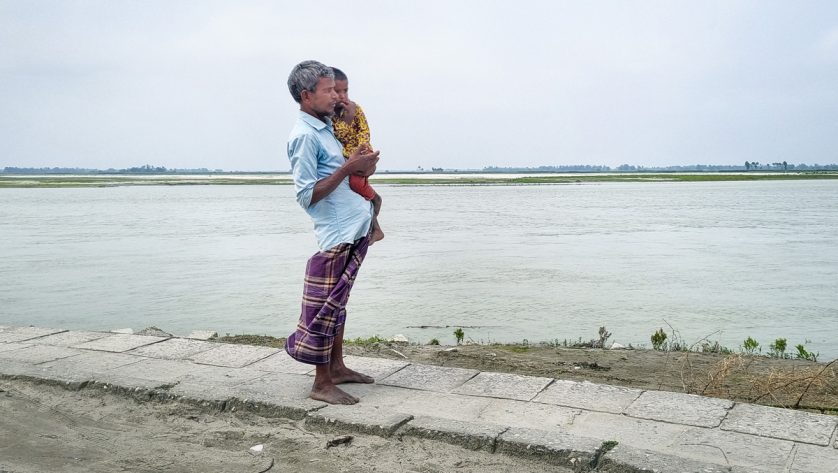For each of the past three years, the hills around the town of Kesese in western Uganda become saturated and heavy with water. Despite the rich vegetation, and the roots that hold stabilize the earth, the hillsides sometimes collapse, and rivers overflow, creating torrents of water, mud and rock that crash through villages below. They flatten or wash away homes, destroy schools, bridges, health facilities and food processing factories. They kill people, livestock and crops. For this reason, in areas around Kesese, there are growing communities of people displaced by mudslides. Around Kesese, approximately 6,000 people are living in tents in open areas and subsist as best they can with limited water, food and sanitation.
The Ugandan Red Cross them with essential items such as blankets, mosquito nets, soap, jerrycans, saucepans, tarpaulins, mats and basic cooking supplies. But the needs are still great. In early September, the villages of Kasika and Kabughabugha, became the latest villages to endure a sudden mudslide. Ronald Kenyerezi, the Ugandan Red Cross branch manager for Kesese, was there shortly after the tragedy and shares this story in photo and words.
 Red Cross Red Crescent magazine
Red Cross Red Crescent magazine 

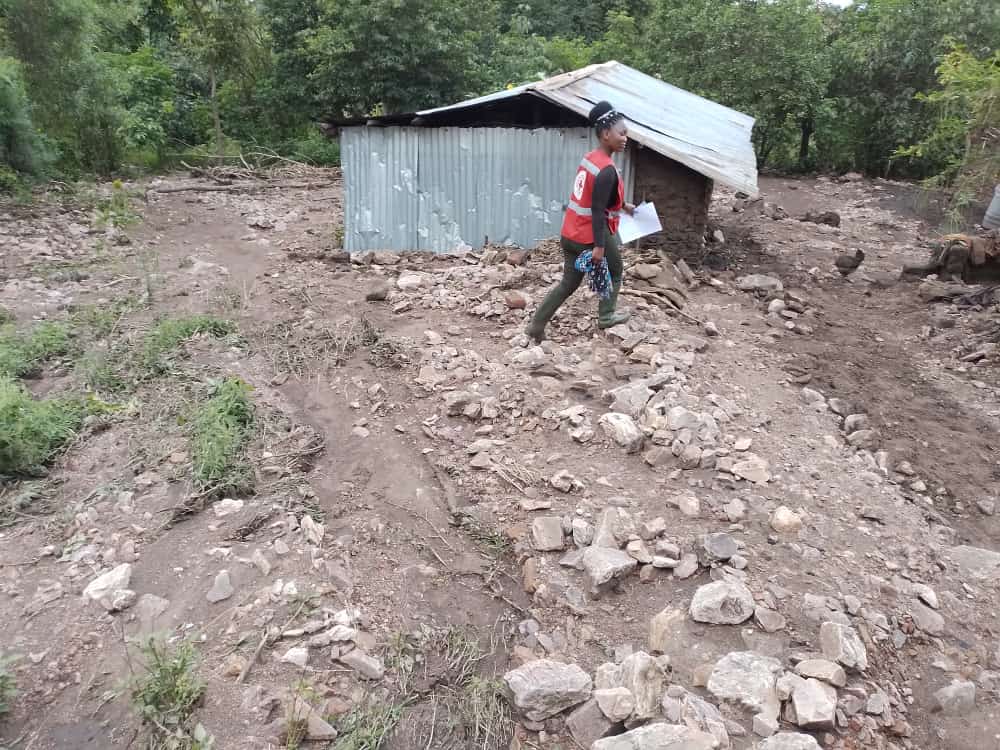
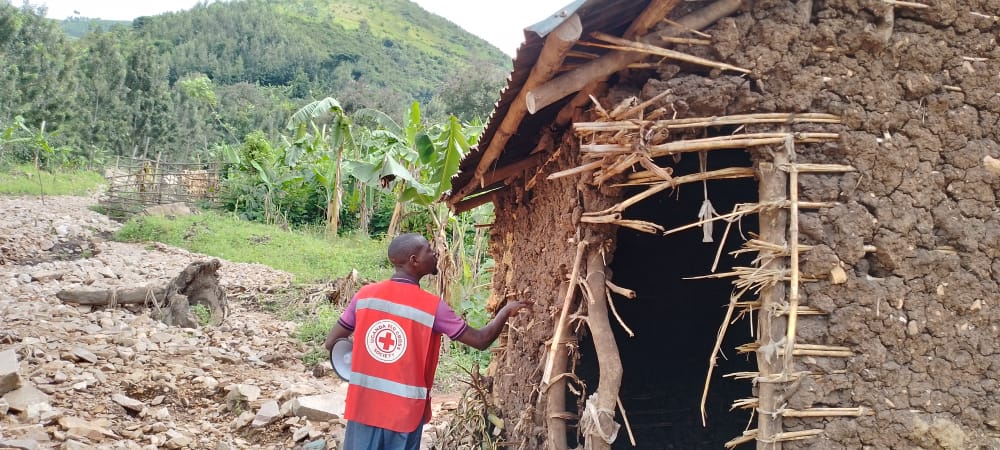
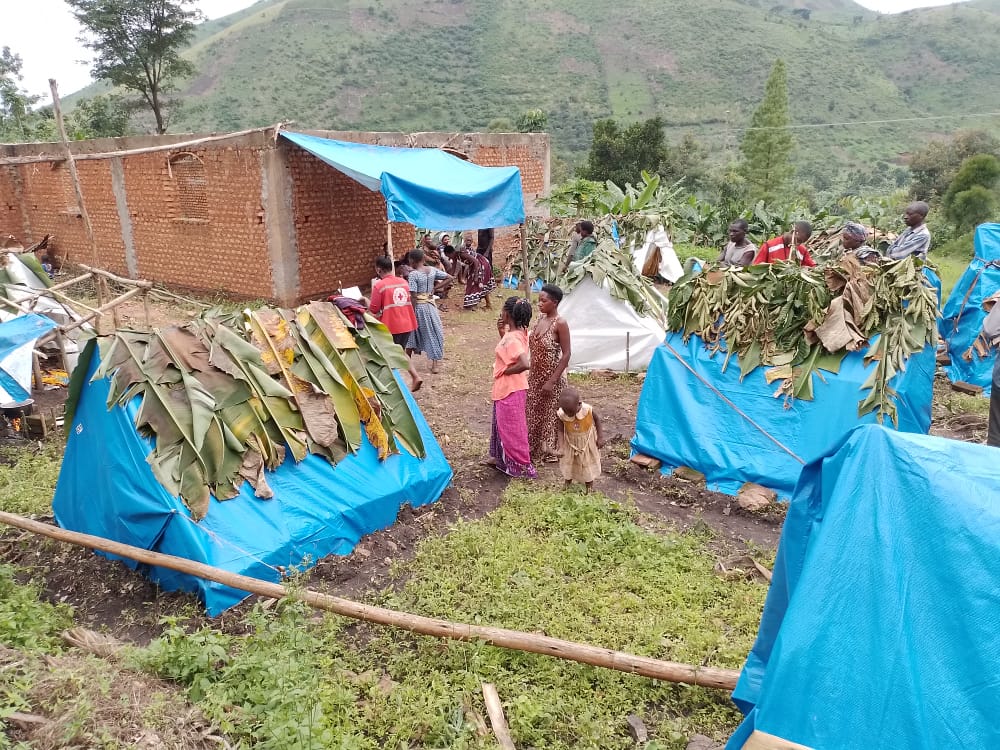
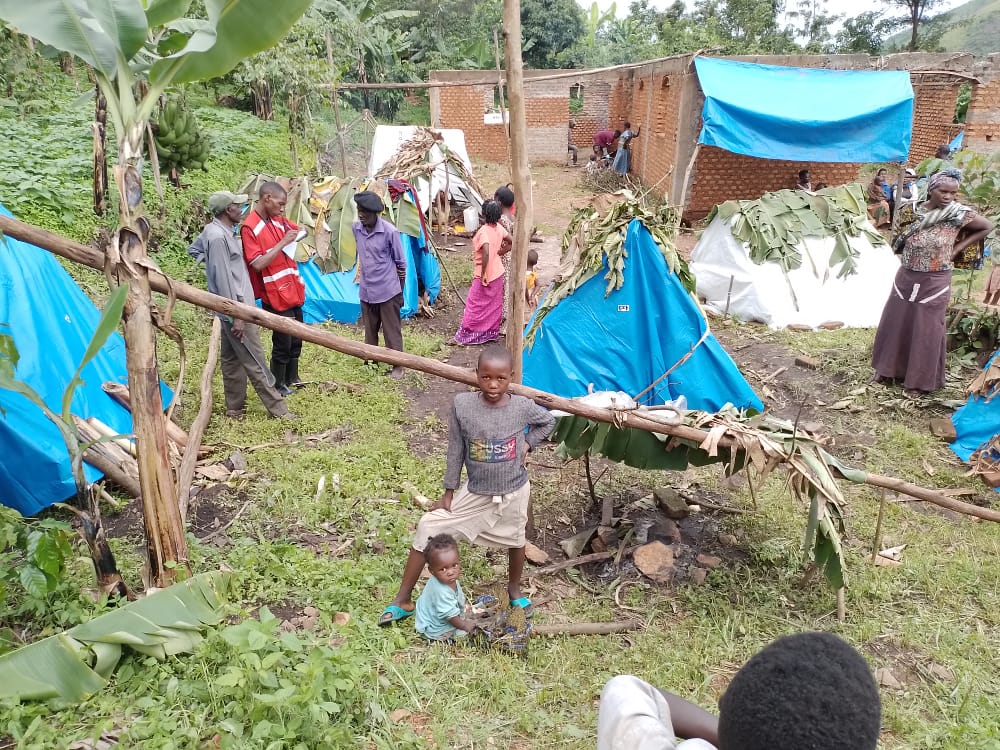
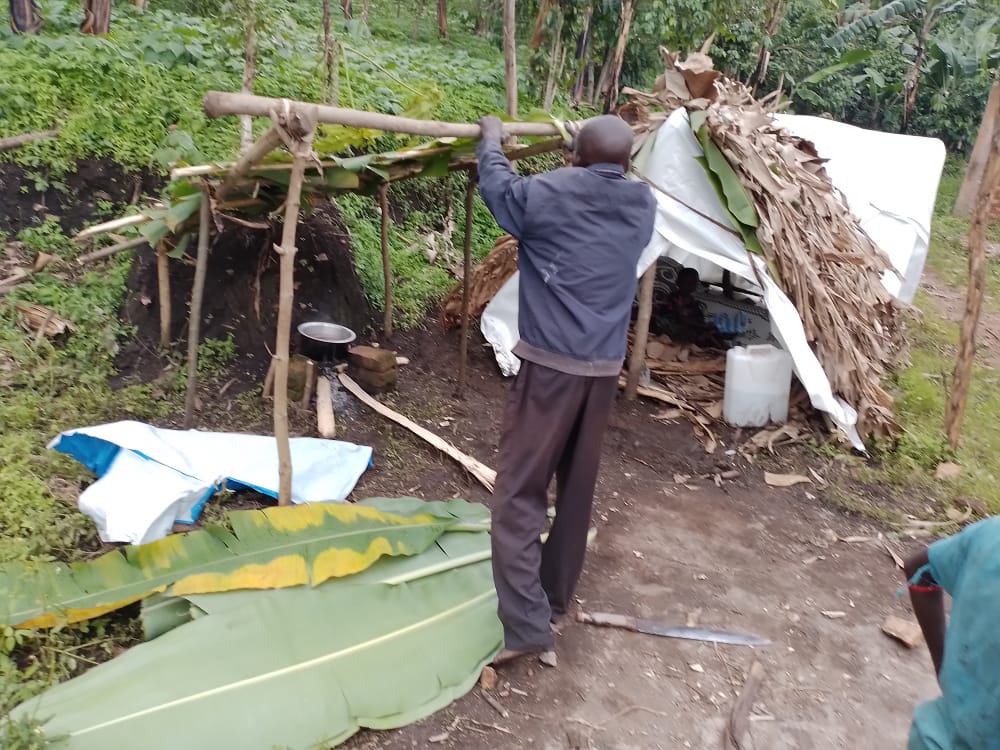

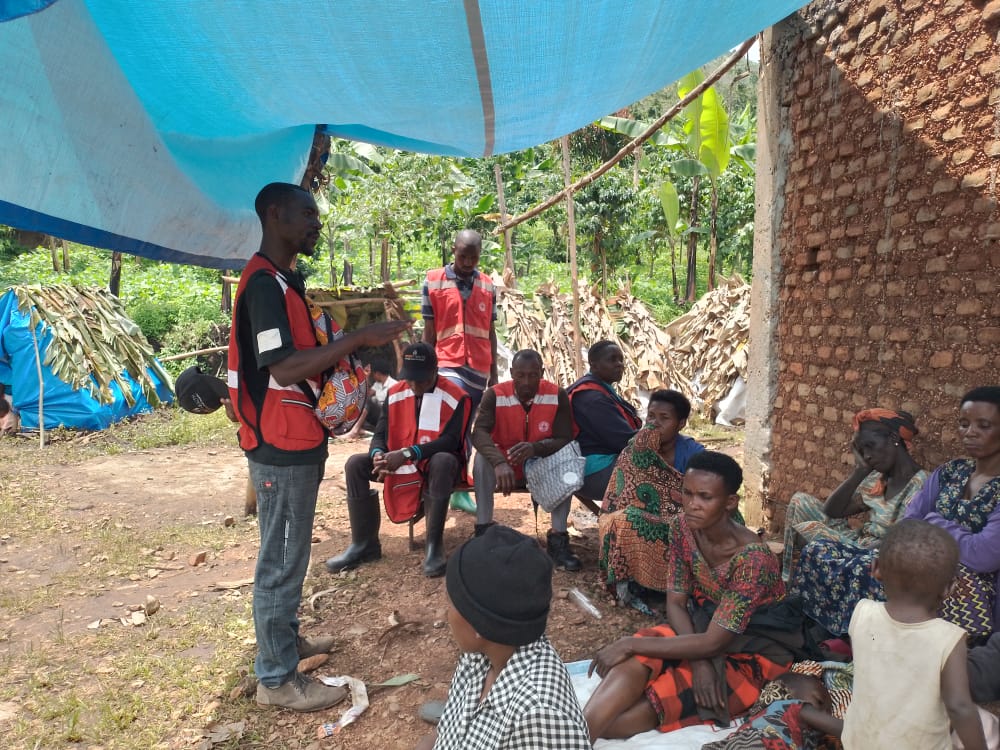
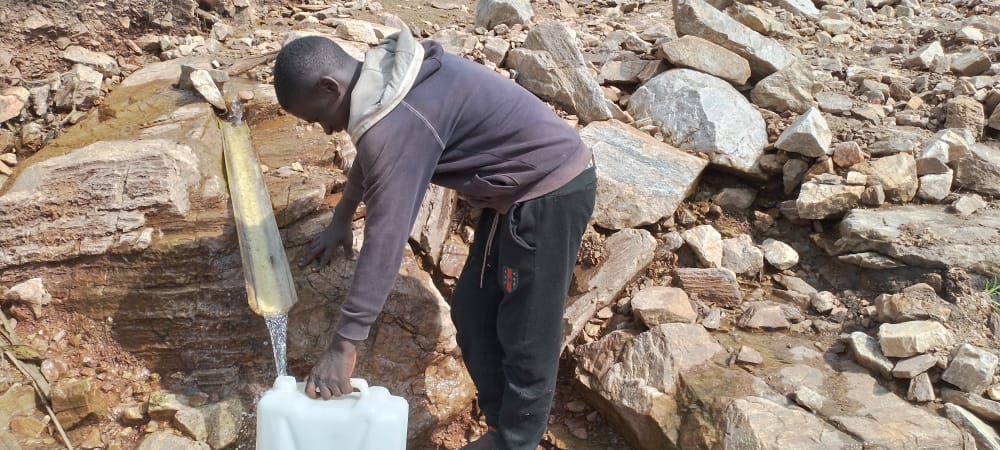

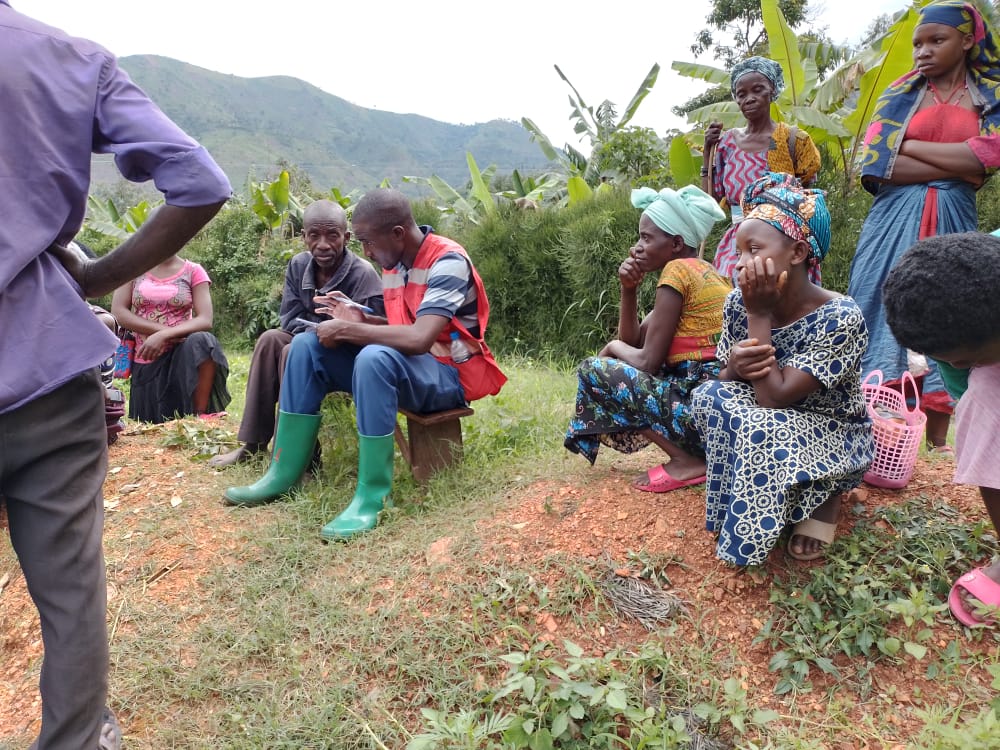
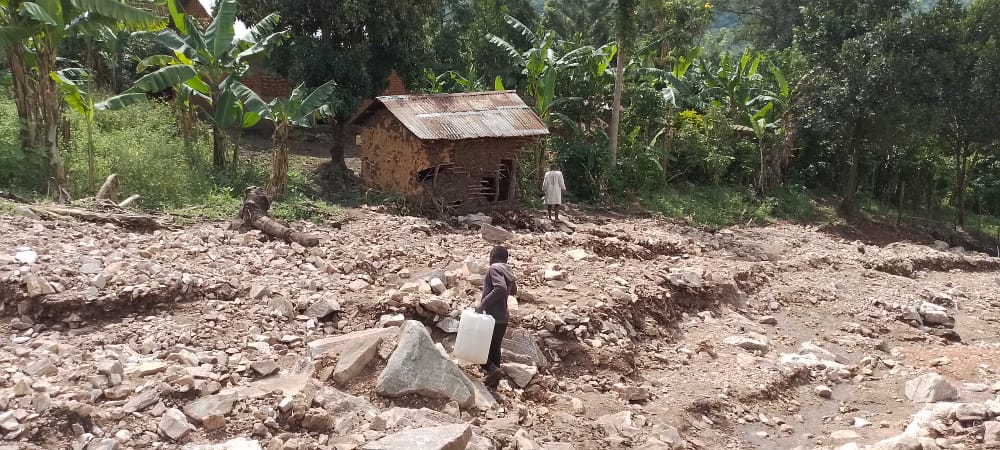
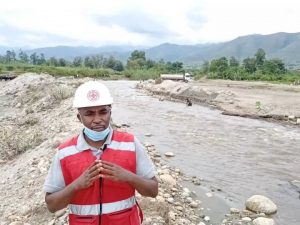





 Tech & Innovation
Tech & Innovation Climate Change
Climate Change Volunteers
Volunteers Health
Health Migration
Migration